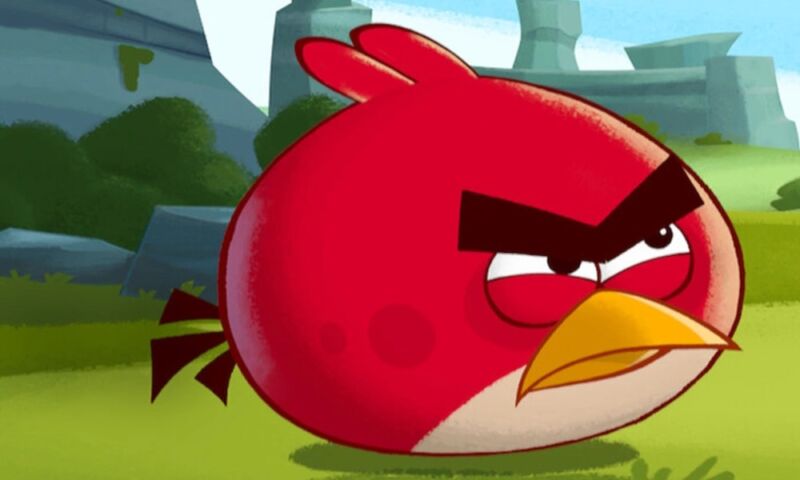Rovio says paid Angry Birds had “negative impact” on free-to-play versions

Back in the days before practically every mobile game was a free-to-play, ad- and microtransaction-laden sinkhole, Rovio found years of viral success selling paid downloads of Angry Birds to tens of millions of smartphone users. Today, though, the company is delisting the last “pay upfront” version of the game from mobile app stores because of what it says is a “negative impact” on the more lucrative free-to-play titles in the franchise.
Years after its 2009 launch, the original Angry Birds was first pulled from mobile app stores in 2019, a move Rovio later blamed on “outdated game engines and design.” The remastered “Rovio Classics” version of the original game launched last year, asking 99 cents for over 390 ad-free levels, complete with updated graphics and a new, future-proofed engine “built from the ground up in Unity.”
In a tweeted statement earlier this week, though, Rovio announced that it is delisting Rovio Classics: Angry Birds from the Google Play Store and renaming the game Red’s First Flight on the iOS App Store (presumably to make it less findable in an “Angry Birds” search). That’s because of the game’s “impact on our wider games portfolio,” Rovio said, including “live” titles such as Angry Birds 2, Angry Birds Friends, and Angry Birds Journey.
Please read below for an important announcement regarding the availability of Rovio Classics: Angry Birds. pic.twitter.com/a4n4bU5gQJ
— Rovio (@Rovio) February 21, 2023
All of those other Angry Birds games are free-to-play titles in which players can earn extra lives or helpful items by purchasing in-game currency or watching short video ads. Those changes were roundly criticized when they were introduced into the Angry Birds universe, but that didn’t stop the free-to-play games from becoming highly lucrative for Rovio.
Pure economics
In a statement on the game’s Discord server (as captured by Video Games Chronicle), Angry Birds Community Manager Shawn Buckelew reiterated that sales of the 99-cent “classic” version of Angry Birds were “negatively impacting our other games, which is what we as a company have to focus on. If those other games do not improve and grow, then the outlook of the entire company changes. It’s harder to create new games or work on new projects. I’m sure that’s not something you would want.”
That’s a striking admission considering that Rovio Classics: Angry Birds is currently the No. 2 best-selling paid download among all games on the iOS App Store, well over a decade after its initial release (and nearly a year after its rerelease). But that chart-topping position translates to just $30,000 in estimated monthly revenue, according to Sensor Tower estimates.
The free-to-play Angry Birds 2, meanwhile, attracted 900,000 new free-to-play downloads last month and raked in over $9 million in revenue, according to those same Sensor Tower estimates. But that strong revenue number is only enough to make Angry Birds 2 the 74th highest-grossing iOS game on the current iOS charts.
The difference shows how few mobile users are willing to pay upfront for their games these days and highlights the vast gulf in potential revenues between top-performing free-to-play and pay-to-own mobile titles.
If you don’t want your Angry Birds experience marred by ads or pushy microtransaction offers, there’s still hope. Apple Arcade subscribers can download Angry Birds Reloaded, which adds some new features over the original as well as Mac and Apple TV compatibility. Try doing that on Xbox Game Pass, we dare ya. https://arstechnica.com/?p=1919848